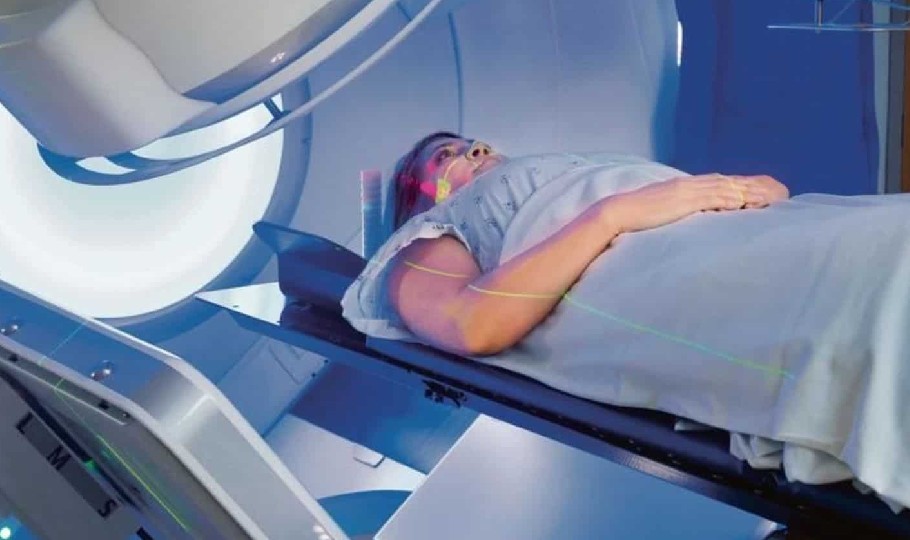
HPV vaccine reduced cervical cancer rates by 87% in women: Study

The first generation HPV vaccine cut rates of cervical cancer among women by 87 per cent.
A study published on Wednesday by The Lancet estimates that by mid-2019, there were 450 fewer cases of cervical cancer and 17,200 fewer cases of pre-cancers than expected in the vaccinated population in the UK.
Researchers at Kings College London and the British government looked at population-based cancer registry data in the UK between January 2006 and June 2019 for seven groups of women, comparing those who were vaccinated to those who were not.
They were looking at data covering the Cervarix vaccine, which protects against two strains of cancer-causing HPV.
Of the three groups that were vaccinated, each were vaccinated at different ages. One group was vaccinated at age 12-13, another at 14-16, and another at 16-18.
Those vaccinated at the earliest were the most protected, the team said. Those who got the shot between 14 and 16 saw an 62 per cent reduced rate, and rates were reduced by 24 per cent among those vaccinated between 16 and 18.
“This study provides the first direct evidence of the impact of the UK HPV vaccination campaign on cervical cancer incidence, showing a large reduction in cervical cancer rates in vaccinated cohorts,” said the co-author of the study, Dr Kate Soldan, from the UK Health Security Agency.
“This represents an important step forwards in cervical cancer prevention. We hope that these new results encourage uptake as the success of the vaccination program relies not only on the efficacy of the vaccine but also the proportion of the population vaccinated.”
Cervical cancer is rare among young women, so it is still too early to determine the full impact HPV immunisations have on overall cervical cancer rates.
The UK also stopped using the HPV vaccine in this study in 2012. Now instead of the Cervarix vaccine, the UK uses the Gardasil vaccine instead.

